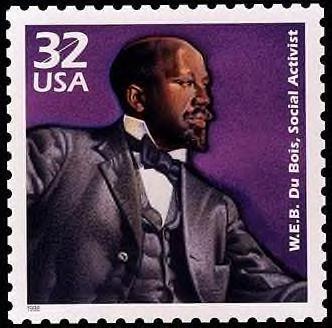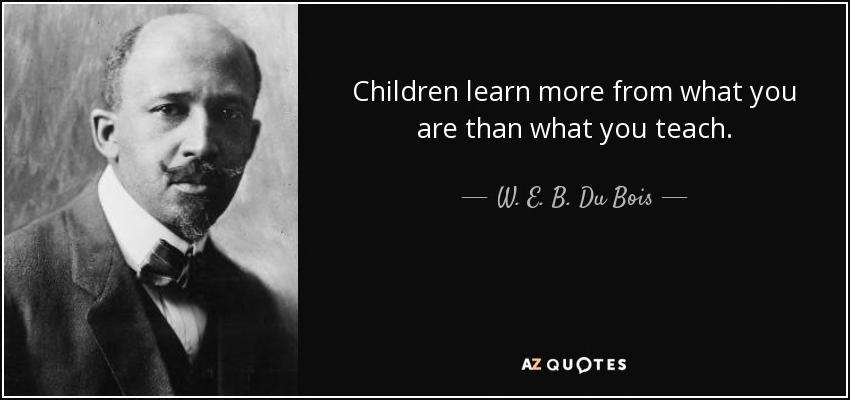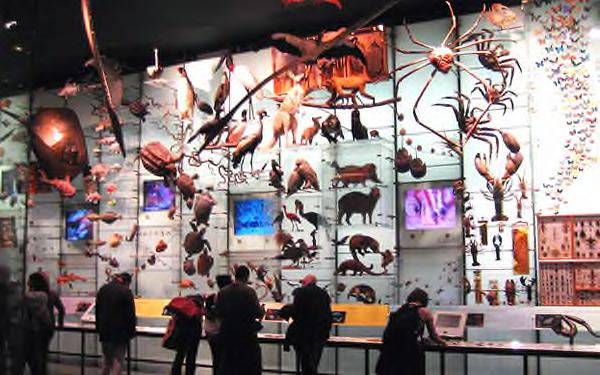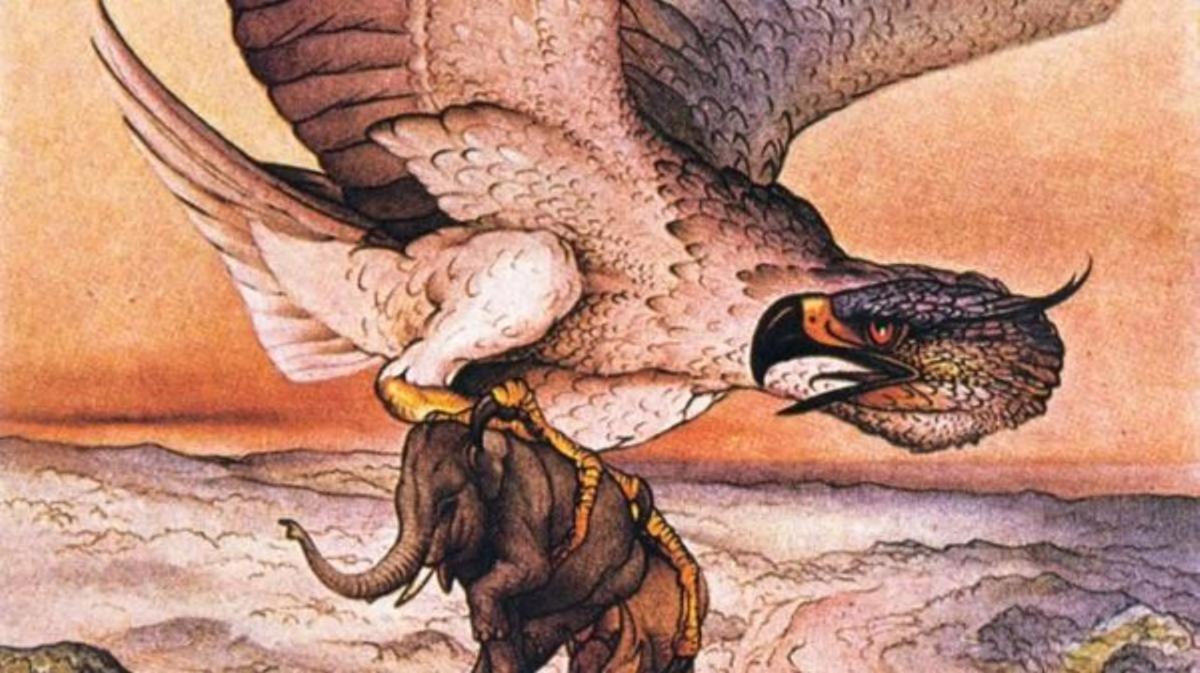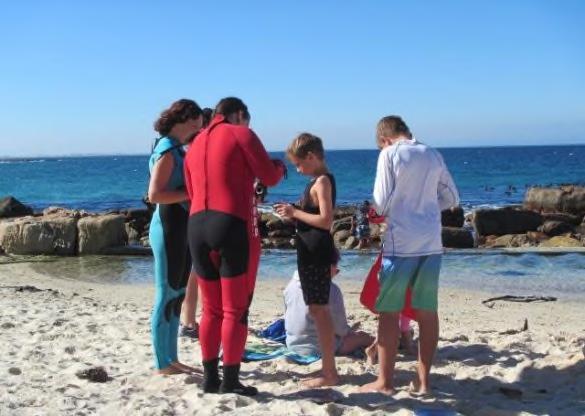
5 minute read
New Orleans Talented Tenth. Niavanni Flowers
New Orleans Talented Tenth
By: Niavanni Flowers
Advertisement
W.E.B Dubois
W.E.B Dubois believed that the Talented tenth men and women would save the African American race. To Be labeled the talented tenth, you have to be exceptional, a leader, and conspicuously among the best of your time. In New Orleans, there have been a lot of uncrowned kings and queens in their sphere. These men and women are considered the Talented Tenth because they have been leaders and exceptional during their periods.
This article will highlight ten African Americans who were outstanding in their periods.
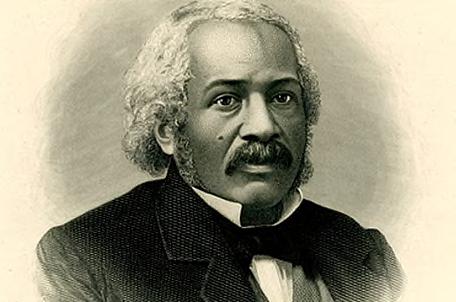
1. James Derham:
James Derham was the first African American Doctor in the United States. He was born enslaved in 1762. Despite being enslaved he was able to learn the skills that would change his life. Two Doctors owned him, Dr. John Keasley and Dr. Robert Dow, who taught Derham everything he needed to know for medicine. After working with Dr Keasley and Dr. Dow, Derham purchased his freedom and opened his practice in New Orleans. He dedicated his work to combating yellow fever and many other diseases. 2. 1st Louisiana Native Guard (1801-1802):
These brave men volunteered to fight for the confederate army. Yes, the confederate army. There are still many speculations on why freed black and mixed men would want to fight for the confederate army, but one idea was because they feared for their lives and wanted to secure and protect their families. However, they were banned from ever fighting alongside the white men. A year later, Union Army General Benjamin Franklin Butler came to recruit an army to compete on the Union side of the military. These men became the 1st all-black regiment in Louisiana and the Civil war.
3. Andre Calioux ( 1825-1863):
Andre Calioux was a civil war hero from Point al Hache Parish, Louisiana. Calioux was exceptional because he was a black war general in the Union army and led over 100 black men into battle. His famous battle was at Port Hudson with an attack on a Confederate stronghold in Mississippi. While Leading his troops, Cailoux died in honor of his country. He proved that black men are capable and worthy of leadership, and to fight for their freedoms.
4. Oscar Dunn
Oscar Dunn was born a slave in New Orleans. His father was able to buy Oscar and his mother's freedom. In 1863, Dunn joined the republican party and was elected to the central committee. He worked with the Universal Suffrage Association, where his job was to register all eligible Blacks in Louisiana. Oscar became one of a handful of powerful radical voices demanding Black legal equality and suffrage in Louisiana's new state government. On January 4, 1868, the Louisianian State Republican Party offered Dunn the position of Lt. Governor. Dunn accepted the nomination to become the 1st black Lieutenant Governor of Louisiana. He was serving under Governor Harry Warmouth.
5. P.B.S Pinchback (December 9, 1872, to January 13, 1873)
Pinckney Benton Stewart Pinchback , known as P.B.S. Pinchback, came to New Orleans to study law at Straight University (now Dillard University). Pinchback aspired to be a politician. His first shot at the big leagues was during the state constitutional convention in the spring of 1867. While moving up the ranks and becoming the Lieutenant Governor, he stepped into the spotlight, becoming the 1st black governor that Louisiana saw in 1872 after Henry Warmouth was impeached.
6. Veron "Doctor Daddy-O" Winslow
In the 1940s, everything in the south was segregated from bathrooms to radio stations. Vernon Doctor Daddy-O Winslow was hired on a local radio station in New Orleans to train other white DJs on black music such as r&b and jazz. However, Winslow was not able to be on air by himself. One night in 1949, he broke the rules and went on air and played every record he wanted. As a result, he was fired. That wasn't the end of Winslow, he was hired by WWEZ and was giving a weekly show. From that point on, New Orleans radio, the first black radio personality, and created the new era of communication.
7. Ernest "Dutch" Nathan Morial
Dutch learned the value of education and racism in New Orleans. He attended the Xavier University of Louisiana and received a degree in business administration. He was the first African American to graduate from LSU school of law in 1954. Dutch was the first of many African Americans to accomplish many things in the local government in New Orleans. But what tops the cake is Ernest becoming the first black mayor in New Orleans.
8. Yvonne Bechet
Yvonne is a local native from the Lafitte housing project, and a class of 1951 of Joseph J. Clark High school New Orleans, Louisiana. In 1968, Bechet was the first African American woman to join the New Orleans Police Department. She was served the city of New Orleans for 22 years. Becoming the Commander of the Community Relations Division, and being appointed by Dutch Morial to Deputy Superintendent of Technical Services.
-9. William "Bill" Rouselle
Bill was on New Orleans WDSU-TV station, for over 40 years, giving the community of New Orleans, access to information. Bill was the first African American on New Orleans news, and that came with great responsibility and outreach. He became involved with public relations and community-organizing initiatives that have focused on racial equality, desegregation, voting, politics, education, and rebuilding New Orleans post-Hurricane Katrina.
10. Mahaila Jackson

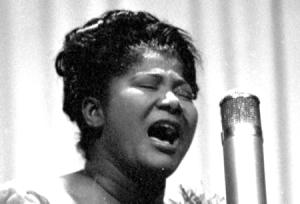
The queen of gospel, was on October 26, 1911, in New Orleans, Louisiana, and started to sing at Mount Moriah Baptist Church. Ms. Jackson moved to Chicago to jump start her career by adopting the sounds of jazz and blues to create her sound in gospel music. The first time the world saw Mahaila was in the 1930s, when she participated in a cross-country gospel tour singing such songs as “He’s Got the Whole World in His Hands” and “I Can Put My Trust in Jesus. But until 20 years later in the 1950s Ms. Jackson was going to reach the radio scene. She performed for overflow audiences in annual concerts at Carnegie Hall in New York City, which put her in the position to perform for John F. Kennedy inauguration in 1961.
These men and women were exceptional in their periods. They are blazing the trail for future black folk to achieve the same goals and even more. They are the men and women whom W.E.B Dubois said would save the race, who would move the race forward in life. They have been an inspiration to me and, hopefully, many other boys and girls in New Orleans and worldwide to be exceptional in their ways.
